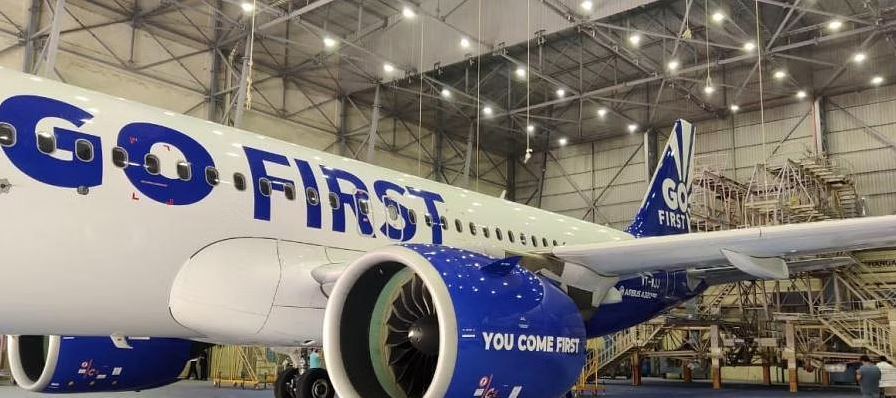SpiceJet and EaseMyTrip Unveils Plan to Acquire Go First Airline: Legal Implications and Regulatory Considerations

On February 19, 2023, an ambitious plan was unveiled by a consortium led by Ajay Singh of SpiceJet and Nishant Pitti of EaseMyTrip to acquire Go First airline. The consortium proposed a bid of approximately ₹600 crore with the goal of reviving the struggling airline within a two-month timeframe. This move carries significant legal implications, as the acquisition process and subsequent revival plan must navigate through various legal considerations and regulatory approvals.
What was its Legal Framework:
The acquisition bid for Go First falls under the purview of India’s insolvency and bankruptcy laws. Facing operational challenges, the airline had ceased flights until October 8, 2023, due to operational reasons. Therefore, the acquisition process will be governed by the Insolvency and Bankruptcy Code (IBC), requiring approval from the Committee of Creditors (CoC), comprising financial creditors crucial to the insolvency resolution process.
The Revival Plan and Regulatory Compliance:
The consortium’s revival plan involves monetizing Go First’s assets, including aircraft slots, airport slots, and international bilateral flying rights. These transactions necessitate compliance with aviation regulations and contractual obligations, requiring regulatory approvals from the Directorate General of Civil Aviation (DGCA) and other relevant authorities. Additionally, asset sales must adhere to the provisions of the IBC and other applicable laws.
Due Diligence and Legal Risks:
Thorough due diligence of Go First’s assets, liabilities, contracts, and legal compliances is essential for assessing legal risks associated with the acquisition. Compliance with laws and regulations governing the aviation industry, corporate governance, competition, and taxation is imperative to mitigate potential legal challenges.
Real Estate Considerations:
The consortium’s plan to leverage Go First’s land parcels in Mumbai raises legal considerations regarding real estate transactions, land use regulations, and debt restructuring. Compliance with applicable land laws and regulations, including land use, zoning, and environmental clearances, is necessary for the transfer or encumbrance of land assets.
The bid for Go First airline acquisition by the consortium led by Ajay Singh and Nishant Pitti involves navigating through complex legal and regulatory frameworks. Successful completion of the acquisition and revival plan depends on obtaining necessary approvals from CoC, regulatory authorities, and meticulous compliance with insolvency laws, aviation regulations, and other relevant legal frameworks.
Related Case Law:
In the aviation sector, legal complexities surrounding acquisitions are exemplified by the JetBlue–Spirit merger case, highlighting the intricate considerations and implications involved. Legal cases like Aeropesca Ltd. v. Butler Aviation and Nachtsheim v. Beech Aircraft Corporation further underscore the challenges and nuances within the aviation industry’s legal framework, emphasizing the complexities of acquisition-related issues in this domain.
References:
- CNBC-TV18 – “Go First acquisition: Bidders unveil ambitious plans”
- Insolvency and Bankruptcy Code (IBC), 2016
- Directorate General of Civil Aviation (DGCA) regulations
- Indian real estate laws and regulations